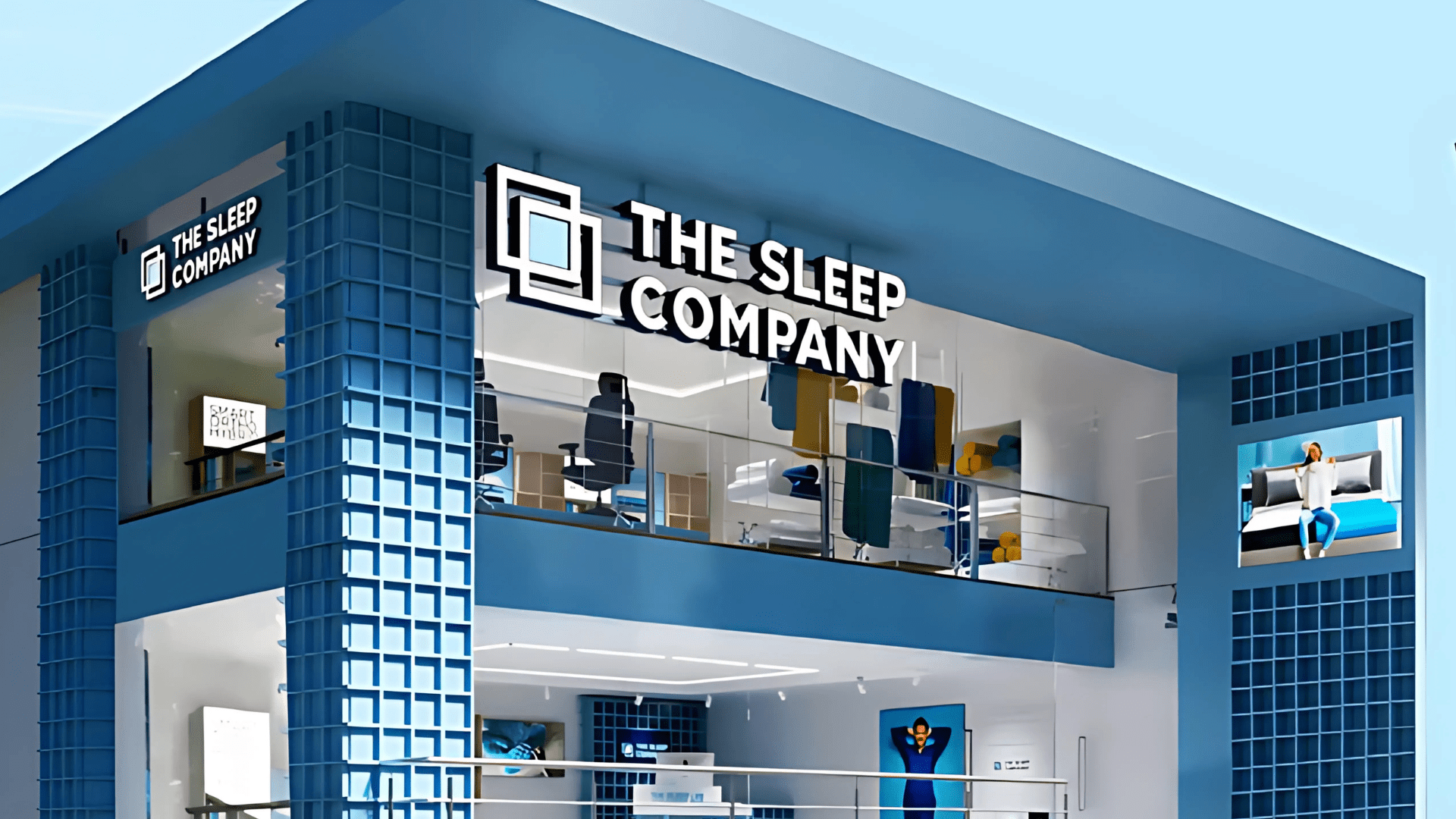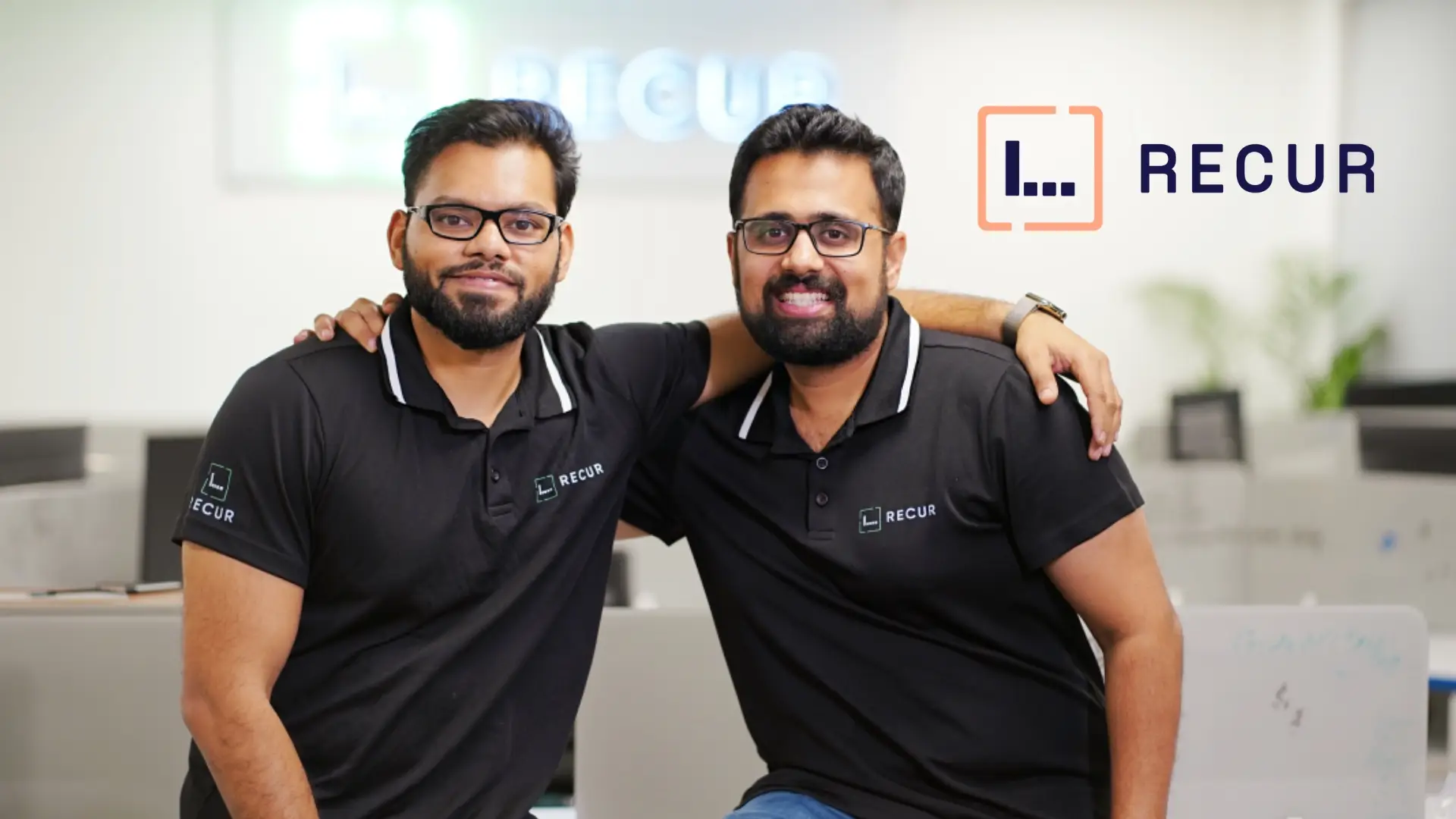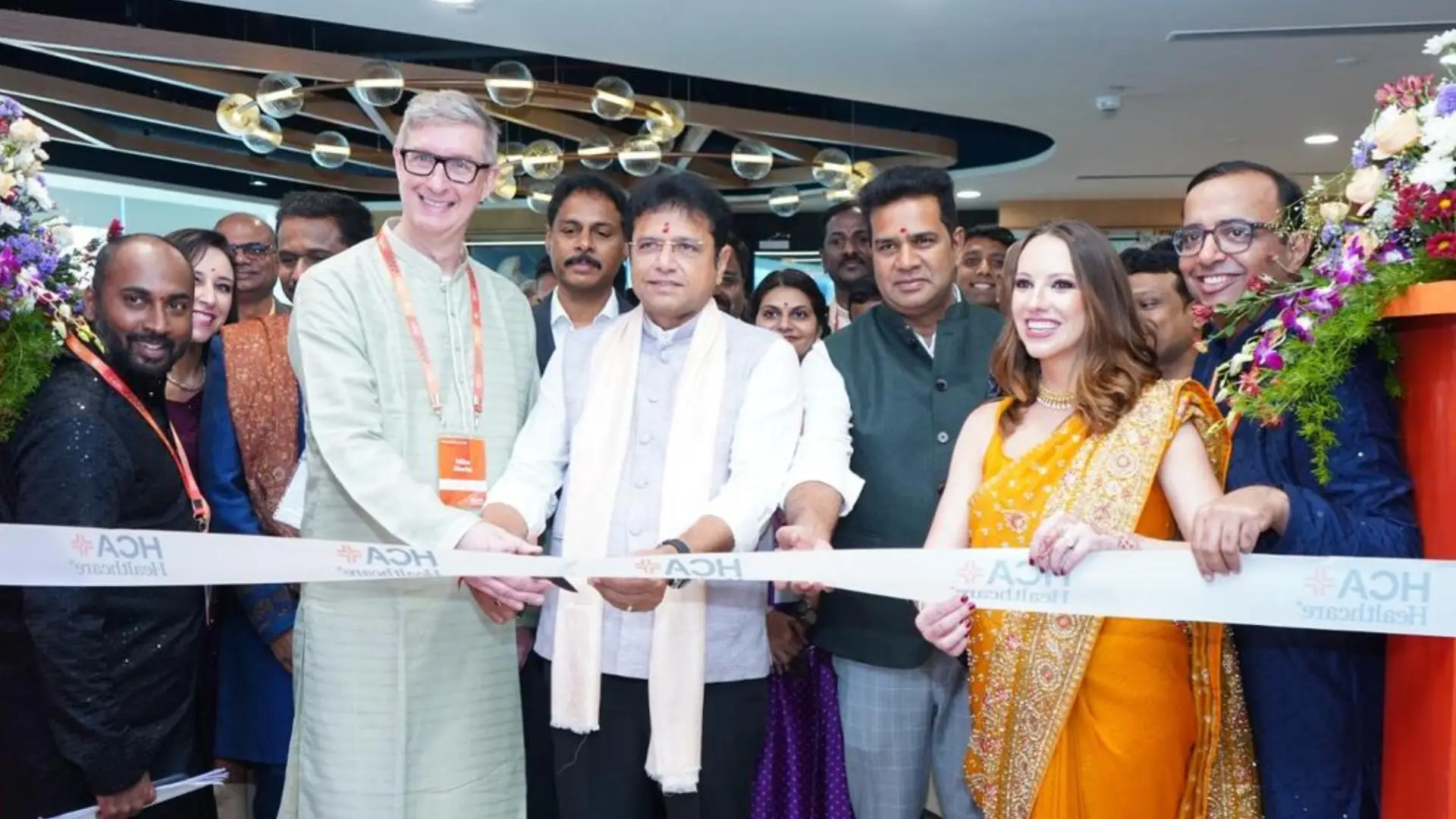What is the average time you sleep? For instance, if you sleep 8 hours per day, it means that you spend 1/3rd of your day just for sleep. This implies that you dedicate a significant portion of your existence to resting in bed. It clearly shows how important sleep is. Every person has a different story, and everyone faces a different set of struggles, juggling to build their shelter and lifestyle. Whether we accept it or not, we all worry about our sleep cycles. And a couple has observed a huge problem, and when they tried to solve the problem, they ended up building a big company.
Before I reveal the name of the company.
Let’s go to the story first Priyanka Salot, an IIM Calcutta alumna, along with her husband, spent months trying different mattresses and still waking up with body aches. Their personal struggle became a mission to understand what really goes into a good night’s sleep.
While on a trip to Japan, they encountered a revolutionary sleep material, which is a hyperelastic polymer grid developed through Japanese scientific research. The material had the unique ability to adapt to different pressure points on the body, maintain airflow, and retain shape even after years of use. They were blown away. This wasn’t memory foam or latex; it was something completely new.
That discovery led to months of research and testing. The couple decided to bring the SmartGRID technology to India but with one key difference: they would build it from scratch, adapt it for Indian conditions, and ensure it was backed by world-class science. They collaborated with global sleep experts and material scientists to create India’s first SmartGRID-based mattress brand. And thus, The Sleep Company was born.
The success of The Sleep Company is built on their SmartGRID. The Sleep Company started as an online-first brand, focused on the D2C model to reach digitally native Indian consumers. But they didn’t just stop at mattresses. They built an entire comfort ecosystem: SmartGRID pillows, Smart recliner beds, office and gaming chairs with SmartGRID seats, and mattress protectors and sleep accessories.
They also launched experiential sleep lounges in cities like Mumbai, Bangalore, and Hyderabad to cater to the touch-and-feel segment. This is a scalable business as well because when we look at the data, the Indian mattress industry is expected to reach USD 3.1 billion by 2029. It also shows that the industry is growing at a CAGR of 8.18%.
But this industry is also competitive enough with key players such as Sheela Foam, Duroflex, Springwell, and Wakefit. In a highly competitive mattress market dominated by both legacy brands and aggressive D2C startups, The Sleep Company focused on a unique niche, which made them what they are today. Their patented SmartGRID technology became the backbone of their product differentiation offering scientifically backed comfort that genuinely improved sleep quality.
While most players competed on discounts or basic ergonomic claims, The Sleep Company leaned into premium positioning, targeting urban, health-conscious consumers who valued long-term well-being over short-term price cuts. What also worked in their favor was diversification. Post-COVID, the shift to hybrid and remote work created demand for office furniture.
By introducing SmartGRID-based office and gaming chairs, the brand expanded its reach beyond the bedroom, making itself relevant in workspaces too. At the same time, their retail expansion into Tier-1 and Tier-2 cities through experience stores brought a differentiation to the product, addressing a key trust gap in the D2C model where consumers couldn’t physically try the product before buying.
These factors all worked out really well, and it is what we see in their financials. The Sleep Company saw impressive revenue growth in FY24, largely driven by its core mattress segment, which accounted for 65% of total revenue. This segment alone grew 89% year-on-year, reaching Rs 203.69 crore. Interestingly, mattresses remain the brand’s only manufactured product, while all other categories, including office chairs, pillows, and recliner beds, are traded goods. These ancillary categories saw exponential growth, which surged 5.6x to Rs 108.6 crore during the same period.
In addition, the company earned Rs 7.7 crore from interest income, taking its total revenue to nearly Rs 320 crore in FY24, a significant jump for a startup that is just five years old. And today it is expanding like anything, eyeing expansion across countries. It has already begun looking for business in the UK and is planning expansion into Europe and North America.
The Sleep Company is now valued at \$400 million (₹3,400 crore), which is a two-times jump from its last valuation during the ₹184 crore Series C round in November 2023, which was led by Premji Invest and Fireside Ventures. The Sleep Company has taken a bold bet on physical retail with plans to scale its network from 100 to 150 stores by March, adding a new store every 4–5 days. Currently present in 30 cities, it is expanding both in new geographies and increasing density in metros.
Interestingly, 65% of its revenue now comes from offline channels, proving that experience-led retail works in this category. There are sources saying The Sleep Company is planning for an IPO, but this is really revolutionary, and it is a perfect example that when innovation is added to the boring business, it creates a great brand and business, like The Sleep Company. Though there is enough competition, largely unorganized, still it has successfully built a great brand.
Also Read: How Ather Energy Plans to Disrupt EV 2-Wheeler Market with BaaS & Affordable Scooters








